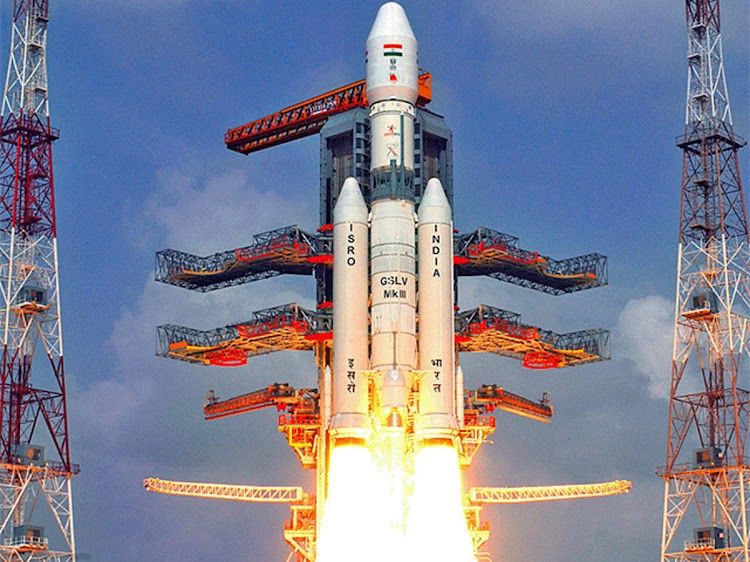Last Friday, the Indian Space Research Organisation (ISRO) launched Chandrayaan-III, a spacecraft aimed to land on the moon’s less-explored south pole next month. Despite the excitement and nationalist fervor surrounding the launch, some question the priorities behind such a mission in a country grappling with socioeconomic challenges.
The success of Chandrayaan-III would make India the fourth nation to have achieved a lunar landing, a remarkable feat for the ISRO’s engineers who have meticulously executed the high-profile mission. It showcases the capability of Indian scientists and engineers, proving that South Asia can undertake complex missions comparable to their Western counterparts.
However, critics argue that this space endeavor comes at a time when India is still confronting significant poverty and social issues. While the government claims to have lifted millions out of poverty, over 200 million people remain trapped in multi-dimensional poverty, lacking access to basic services such as sanitation and clean drinking water. The focus on space exploration raises questions about the allocation of resources and whether there are more pressing needs that demand attention and investment.
Furthermore, the government’s autocratic tendencies, particularly under Prime Minister Narendra Modi, have raised concerns about the misuse of power and resources. Modi’s relentless attacks on independent media, judiciary, and bureaucratic appointments have weakened democratic institutions, leading to skepticism about the government’s priorities.
Critics also question the need for India to replicate what other nations have already accomplished. The race to the moon, driven by Hindutva nationalism, may be seen as more about ego and militaristic ambitions than genuine innovation and scientific progress. The emphasis on achieving fourth place in a “space race” lacks the recognition of the pressing social and economic challenges that need to be addressed domestically.
While the successful launch of Chandrayaan-III is a remarkable achievement for ISRO, it prompts a critical reflection on India’s priorities as a nation. Balancing space exploration with the urgent needs of its citizens remains a delicate challenge for the Indian government.
As the spacecraft orbits in space and the verdict on its landing awaits, it is crucial for India to celebrate its scientific achievements while acknowledging the importance of addressing socioeconomic disparities and improving the well-being of its people.


